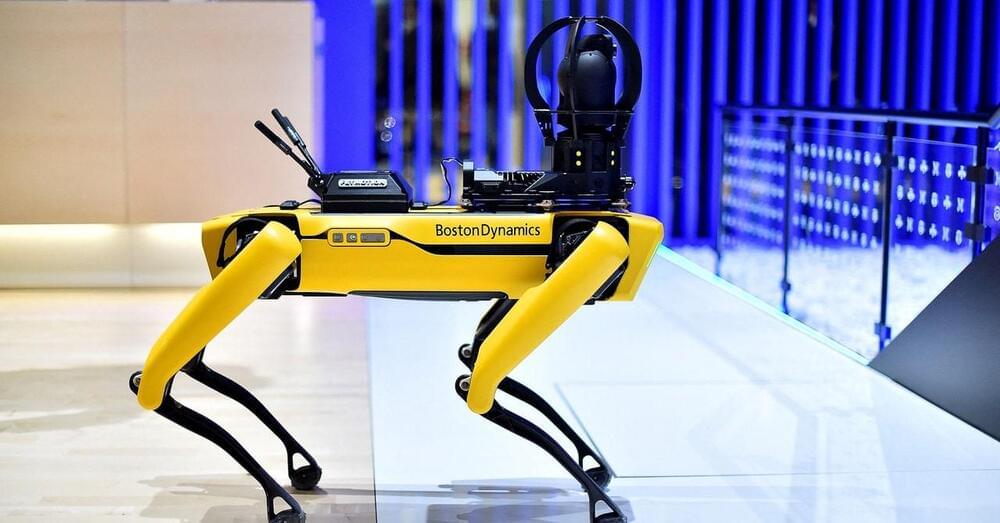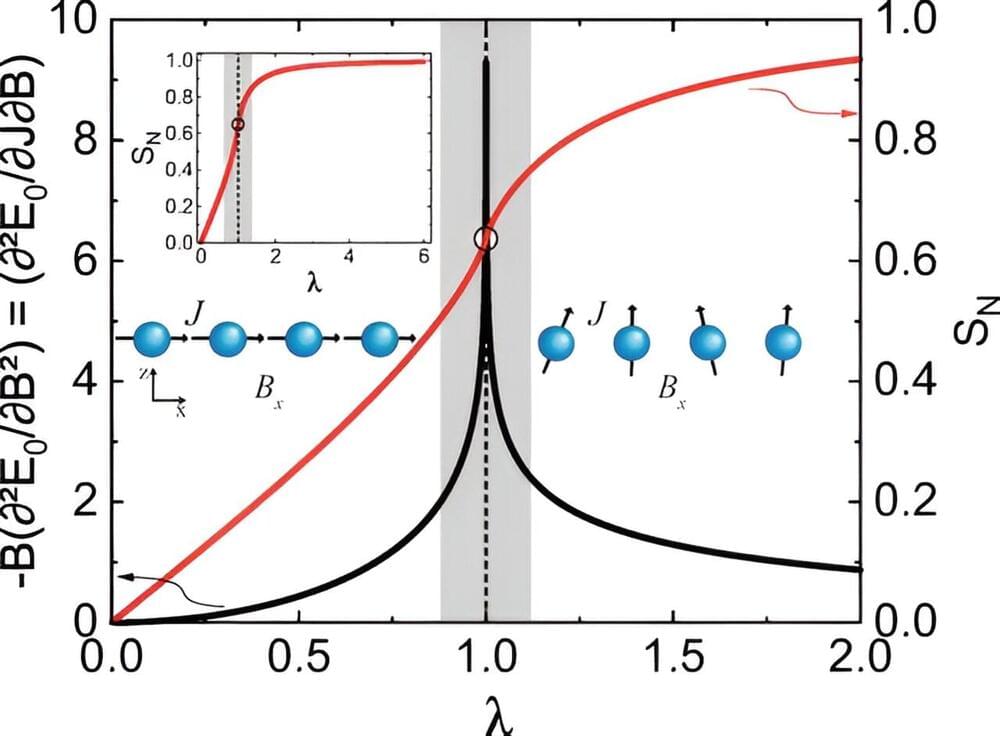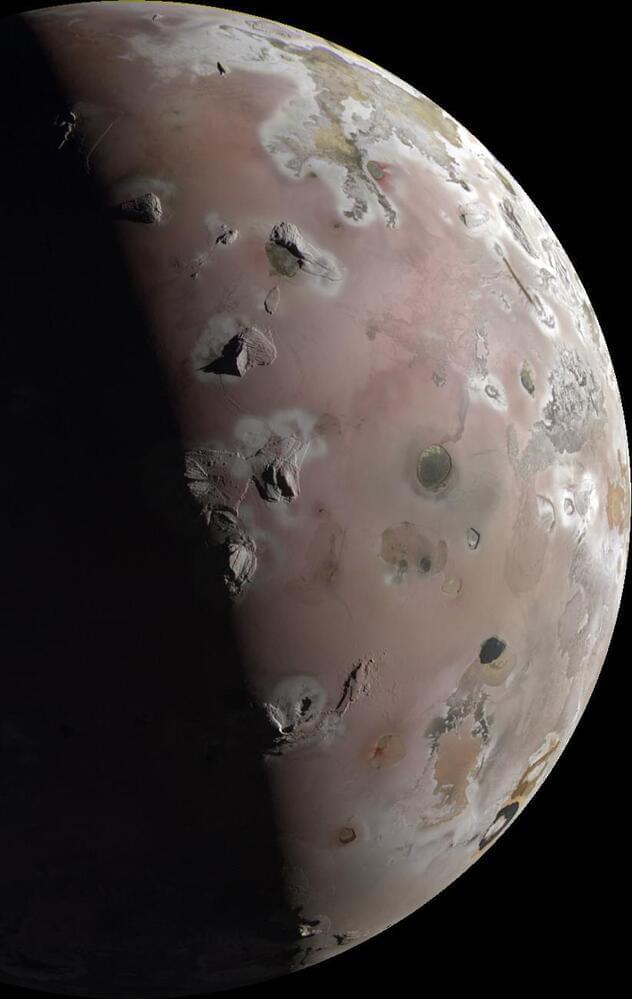Jan 4, 2024
Networks of silver nanowires seem to learn and remember, much like our brains
Posted by Shubham Ghosh Roy in categories: biological, food, nanotechnology, robotics/AI
Though highly capable – far outperforming humans in big-data pattern recognition tasks in particular – current AI systems are not intelligent in the same way we are. AI systems aren’t structured like our brains and don’t learn the same way.
AI systems also use vast amounts of energy and resources for training (compared to our three-or-so meals a day). Their ability to adapt and function in dynamic, hard-to-predict and noisy environments is poor in comparison to ours, and they lack human-like memory capabilities.
Our research explores non-biological systems that are more like human brains. In a new study published in Science Advances, we found self-organising networks of tiny silver wires appear to learn and remember in much the same way as the thinking hardware in our heads.


















